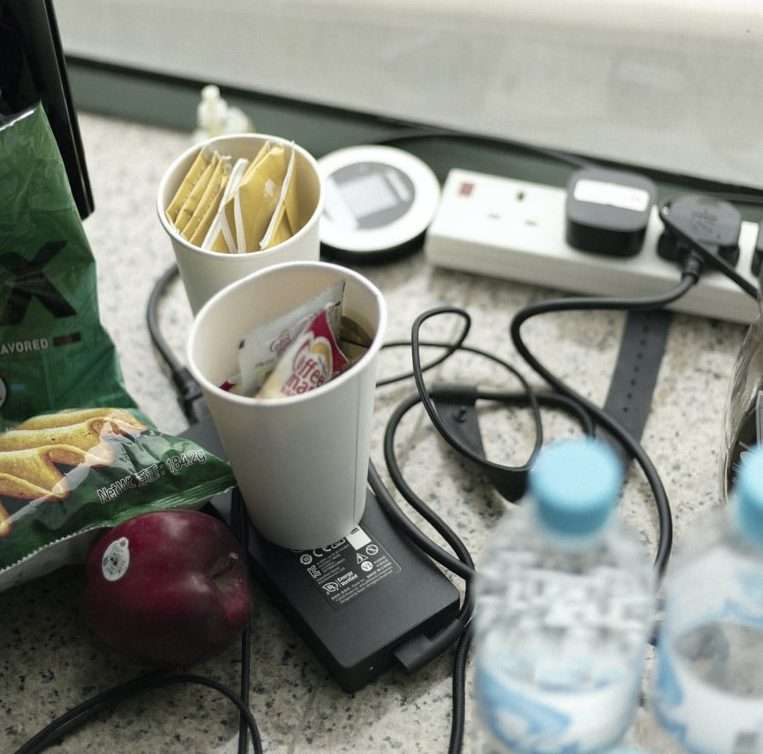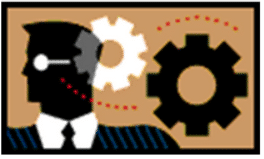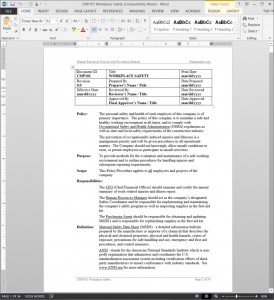What Should Workers Check for Before Using Extension Cords?

Extension cords are invented as a temporary solution for transmitting power to electrical devices located away from the power outlet. Generally, everyone needs to be careful with wires, especially those with voltage. What should workers check for before using extension cords?
Workplace Safety – 6 Simple Extension Cord Rules To Keep In Mind
These cords account for many fire outbreaks. Extension cords are wires that carry power to our devices. A little trip over these wires can burn down an office due to electric linkage. More than 3,300 fire incidents at home are caused by extension cords each year, resulting in 50 deaths and 270 injuries. However, you can prevent these damages by applying simple workplace safety tips regarding extension cords.
Here are six extension cord safety rules for every office:
Buy the Proper Extension Cords
Purchasing the proper extension cord can help prevent cord accidents. To get a suitable cord,
- Purchase those approved by an authorized testing laboratory
- Mark the cords according to their projects, e.g., outdoor or indoor purposes
- Polarized or three-prong extension cords are preferable
- The large appliances should be used on thick, round, low-gauge cords
- Consider buying a 3 prong extension cord to alleviate the risk of electrical fires and shock.
- Small appliances and electronics work better with flat extension cords.
Also, remember to read the extension cords’ instruction menu to know the amount of voltage it’s designed for before acquiring it for your project.
Be Mindful of the Specifications
A perfect specification of the cord will help in purchasing the right one so be mindful of the specification. The ideal cord, in terms of size, length, etc., will prevent cords from overheating and causing other hazards. So, before going to the store, research the size and capacity of the extension cord.
The gauge displays the size while the voltage varies according to the length. The smaller the gauge readings, the larger the wire and capacity of voltage. Also, keep in mind that shorter extension cords carry more voltage than larger ones of the same gauge qualifications.
Check for Damages
Regular checking of your extension cords will prevent safety hazards in the workplace. Before use, it is best to carefully examine the cord’s length for cuts, cracks, naked wires, etc. Don’t patch the extension cord with tape if you encounter a puncture in the insulation.
Extension cords with cracks should be considered out-of-order to prevent an accident. The right decision is to purchase new ones for the project. The damaged extension cord should be disposed of properly by contacting the e-waste recycling facility.
Follow Extension Cord Safety Rules For Usage
Following the safety and workplace rules will prevent accidents from occurring in a busy workplace. So, here are some rules to consider in the workplace:
- Do not use a grounding pin to connect a two-prong outlet;
- Don’t use multiple devices on a single cord;
- Do not interchange the functions of the cords, outdoor/indoor cords;
- Do not staple extension cords to floors or other surfaces;
- Do not bend the cords, especially when plugged in power;
- Do not use cords without covers;
- Do not use extension cords when hot.
Maintain Cords Properly
Extension cords still need proper maintenance even when not in use. Here are some maintenance tips to consider:
- Store extension cords indoors and away from liquid;
- Unplug the cord when not in use;
- Damaged cords should be disposed of;
- Restrain from pulling the cord when unplugging.
Avoid Common Extension Cord Safety Mistakes
There are some common extension cords mistakes in the workplace. These mistakes should be avoided in the workplace.
Extension Cords Plugged Together.
In cases where you need a longer cord, the solution is not to attach or plug shorter ones together. Getting the perfect length from the start will prevent this mistake and hazard risk. Chaining extension cords together can lead to overheating, damaging the workplace.
Exceeding the Rating of the Cord
This error is observed in many offices with space heaters and large appliances. Every extension cord is invented to carry a specific amount of power in watts, and one needs to abide by this. Circumventing this rule will lead to fire hazards in the workplace. The capacity in each cord is different, like cheaper cords carry 16 gauge, which is ten amps. Plugging a 150-watt heater will only cause damage by drawing 12.5 amps which is an overload on the extension cord.
Tripping Over Extension Cords
Tripping over extension cords is common in a busy workplace. Longer extension cords are guilty of causing this mild accident with heavy consequences. The workplace should be arranged to accommodate these extension cords in the right places to avoid foot traffic. However, don’t solve this problem by using staples or nails to hold the cords.
Using Extension Cords in Some Places
Not every place requires an extension cord. Extension cords cannot be used in places like ceiling projectors in training and meeting rooms. No matter the arrangement pattern in some areas, installed cords are just accidents waiting to happen. Instead of moving around an extension cord, these places require a wall receptacle mounted in all accessible areas.
Extension Cord Rules To Keep In Mind
Safety in the workplace is the first thing to consider before purchasing an extension cord. This factor is essential in getting the right product with reliable power, size, and environmentally friendly properties. The right cord is a start to reducing electric hazards in the workplace. After getting the perfect extension cord, following the gadget’s proper rules is next. By considering the tips listed in this article, your workplace will be safe from the tragedy caused by extension cords.

















Leave a Reply